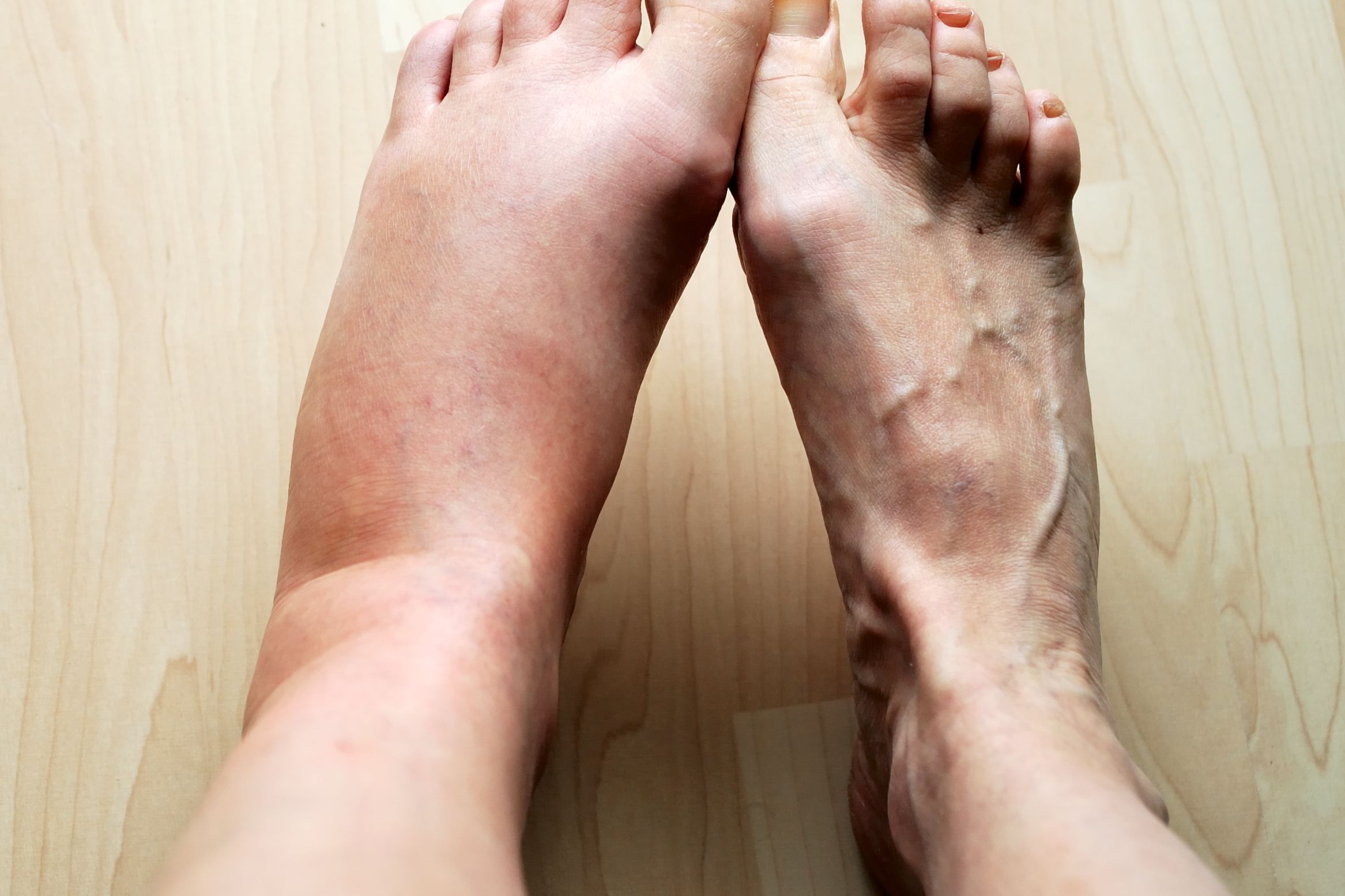
Imagine how frustrating it can be to wake up, find your legs swollen, and not get to your daily routines. Leg swelling is an embarrassing and uncomfortable experience affecting adults for various reasons. If ignored, swollen legs will affect your mobility and wreak havoc on your vascular health. Fortunately, Weston swollen legs treatments help manage your condition and provide long-lasting relief.
But what might be the ideal cause of swollen legs? If this concerns you, here are six main causes of swollen legs.
1. Chronic Venous insufficiency
When your leg veins aren’t performing well, it causes a buildup of blood in a condition known as venous insufficiency. Usually, much pressure is exerted on your legs when you stand, which can strain your leg veins, thus causing swelling. The exerted weight can damage the valves in your veins, meaning blood will not flow properly in and out of your legs. Besides swelling, venous insufficiency can also cause leg pain and varicose veins. However, there are treatment options to alleviate your condition.
2. Lifestyle factors
Generally, your lifestyle can affect your vascular health. Sitting or standing for a prolonged period can cause swollen legs as the blood in your legs will not flow easily. When you stand longer, the upper weight exerts pressure on your leg veins, which can cause swelling, especially if your work entails standing for long hours. Also, being overweight causes fluid buildup and decreases blood circulation in your legs, ankles, and feet. You should stay active, cut extra pounds, and check your diet to manage and prevent swollen legs.
3. Blood clots
A blood clot causes blockage in your veins and prevents blood in your legs from flowing as it should. Blood clots that occur deep in your legs usually cause a condition known as deep vein thrombosis, which besides swelling, can cause severe pain and tenderness around the affected vein. However, this condition is life-threatening as it affects the entire circulatory system, so it should be treated instantly.
4. Inflammatory diseases
Besides vascular issues, you can suffer from swollen legs due to inflammatory diseases like arthritis. Also, acute or chronic injuries like a broken bone or a sprained ankle can cause inflammation in your legs.
5. Heart problems
When your heart has health problems and can’t properly pump blood in your body as it should, chances are high that you can experience backups of blood in your legs, ankle, and feet. Heart failure or disease is usually accompanied by chest pain, fatigue, shortness of breath, and a fast heartbeat. Don’t hesitate to seek immediate medical attention if you notice such symptoms and have swollen legs.
6. Pregnancy
When pregnant, most women experience some swelling in the legs and feet. Although excess swelling during pregnancy might be caused by high blood pressure, you should get diagnosed often to rule out the case of severe venous conditions. Also, during pregnancy, you should stay active and avoid a sedentary lifestyle to help prevent leg swelling.
While it’s not guaranteed that vascular issues cause swollen legs, it would help if you sought regular checkups with your doctor. Furthermore, if you notice sudden or unexplained swollen legs, you should seek evaluation tests to help prevent your condition from worsening. Depending on the severity of your condition, your provider will offer treatment options or recommend lifestyle changes to help alleviate your situation.